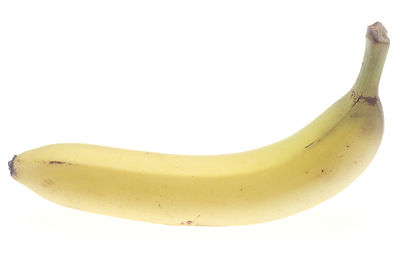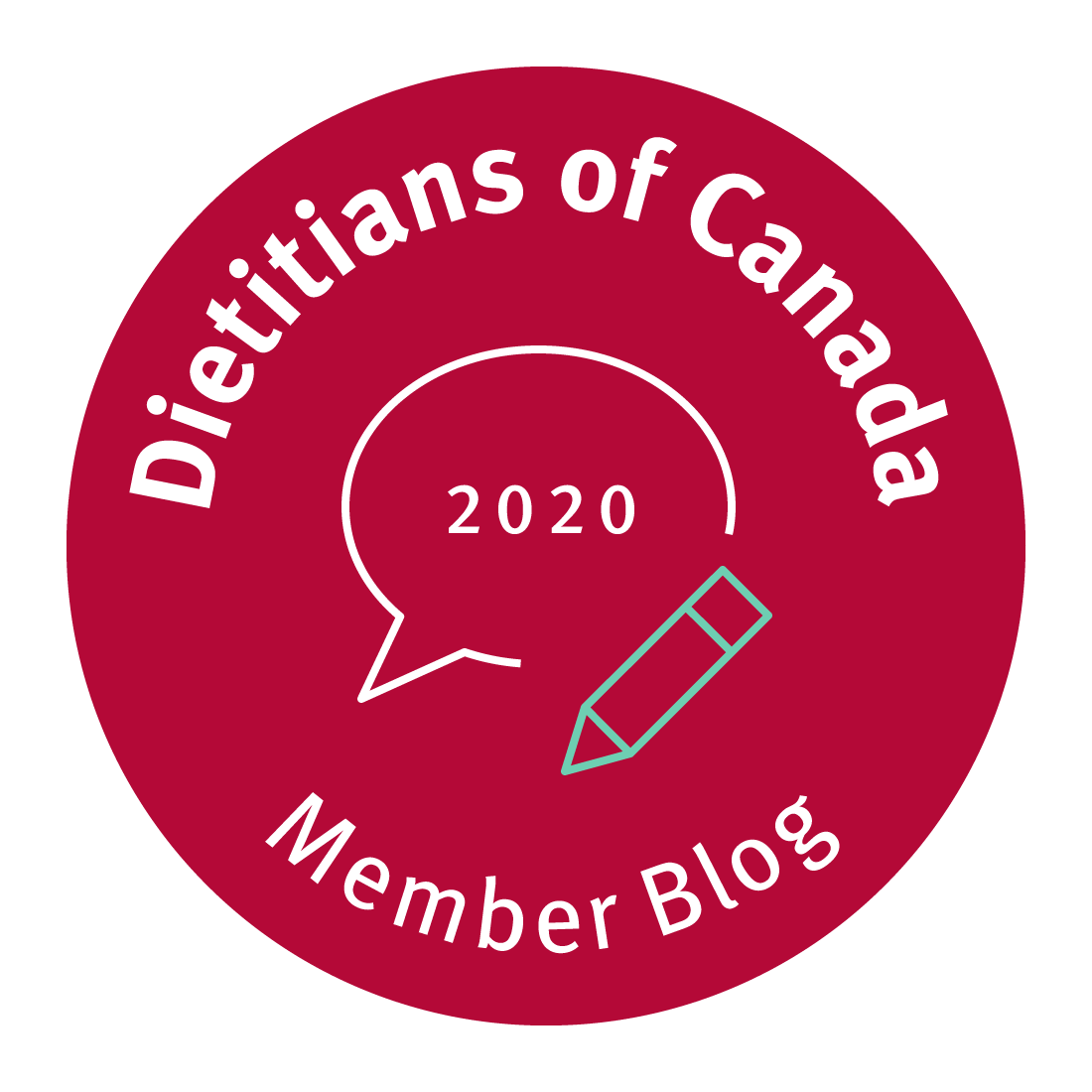
Simply put, prebiotics are food for probiotics. Prebiotics help the probiotics multiply and stay in your digestive tract. This is a very important piece of having probiotics remain in the area that you want them to work in. When a probiotic is taken with a prebiotic it seems that it has better survival and colonization in the bowel (1). Read more about probiotics here.
Prebiotics are non-digestible carbohydrates, but not all non-digestible carbohydrates are prebiotics- yes it is confusing!
There are two common types of prebiotics. These are: fructo-oligosaccarides (FOS) or fructans and Galacto-oligosaccardes (GOS) (2).
Have you ever noticed the ingredient inulin in yogurt? Inulin is a commonly used type of FOS.
So, where can you get prebiotics?
Some food sources of inulin (FOS) include:
· Fruit and vegetables -bananas, onions, artichokes, garlic, leeks, tomatoes, and asparagus.
· Grains - barley, whole grains and rye
· Roots – dandelion, chicory, and elecampane
Some food sources of GOS include:
· Dairy products that are fermented ie/yogurt, buttermilk, kefir
· Breastmilk
As I mentioned earlier, prebiotics are commonly added to food now (eg: yogurt). But you will also find them added to bread, breakfast cereal, sauces, soups, sport drinks and granola bars (2). You can also find them in probiotic supplements, prebiotic supplements, meal replacement supplements, some fibre supplements that contain inulin, and often in vitamin, mineral or herbal supplements.
It is safe for adult men and women, as well as infants, children and pregnant women to eat foods that contain prebiotics. I would recommend speaking with me, a Registered Dietitian or your health care provider if you plan on taking prebiotic supplements.
If you are eating a healthy diet, chances are that you are already including sources of prebiotics in your diet. You could also try placing some emphasis on the foods I have listed above. The other benefit of eating these foods is that they typically contain fibre as well as other nutrients. It is thought, just like probiotics, that prebiotics need to be taken regularly to see any benefits. Therefore, incorporating these foods whenever you can, would be important.
References:
1 PEN current issue- probiotics in the marketplace feb 2011
2http://www.eatrightontario.ca/en/Articles/Probiotics/prebiotics/The-Pros-of-Probiotics.aspx#.VA-Shy5dUWz
3 http://www.todaysdietitian.com/newarchives/100111p46.shtml

 RSS Feed
RSS Feed

.png.aspx?width=150&height=150)
